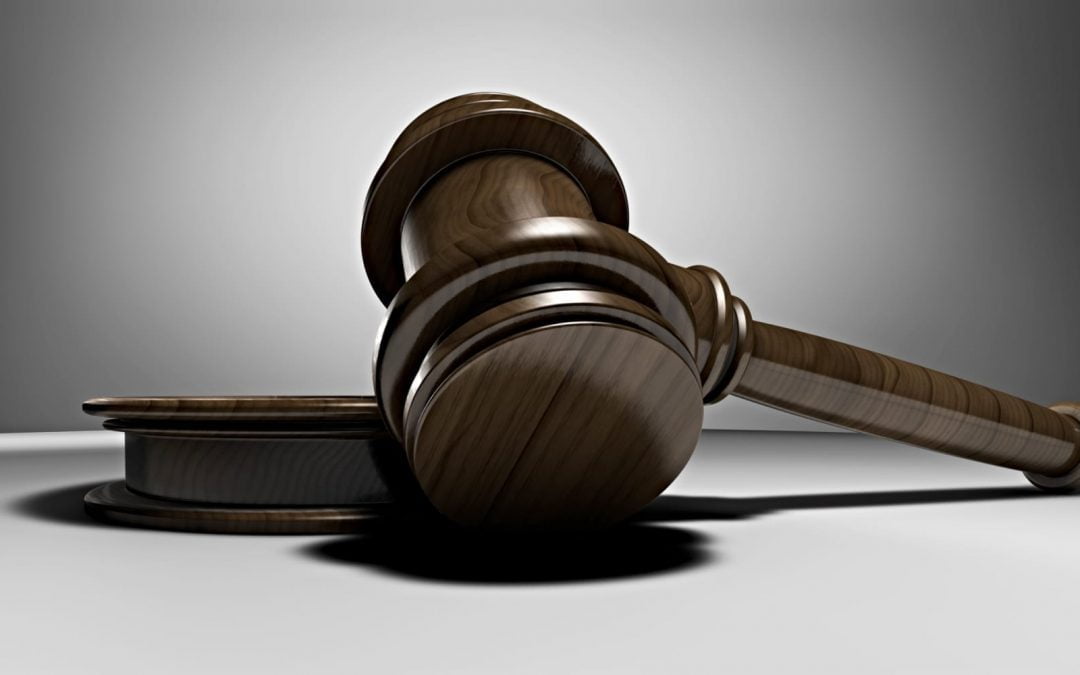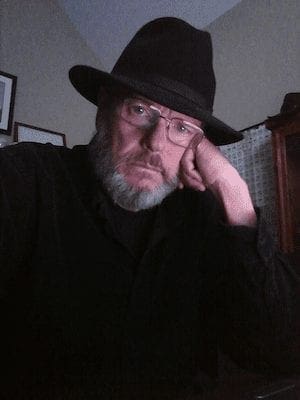Christendom is a big word – and an old word – that points to a reality that no longer exists.
Historically, Christendom meant the “reign of the church.” It describes the period of history between the 6th and 18th century.
But the church does not reign over the world anymore. Even in the Western world where the term was originally coined, the church is more of an appendage than a real player in the context of power and might.
I’m not slamming the church, Catholic or Protestant. Both branches of the faith had their moments of significant ruling power, but those days are gone, probably for good.
The church is no longer a kingmaker. We might influence political contests or certain cultural issues, but we are no longer the final word.
This has proven to be extremely inconvenient for the modern church. For example, in the battle with science over the issue of teaching evolution, the church can no longer simply issue an edict that would settle the matter.
But many Christians have strenuously resisted the idea that they are not free to impose elements of their faith anywhere they choose.
The U.S. Supreme Court ban on teacher-led prayer and Bible reading dramatically makes the point that the church no longer rules the world.
The failure to display replicas of the Ten Commandments in the courthouse and schoolhouse further demonstrates the waning power of the church.
Ironically, some issues exist where the church has managed to prevail against the law – for instance, integration and gender equality.
While the law prohibits racial discrimination and unequal treatment of women, in church these matters are not subject to the law.
Consequently, Sunday morning worship in America is one of the most segregated hours in the week.
It is also why many women desiring the opportunity to serve as ministers, and believing they have been called to do so, are denied a pulpit in many places.
Of course, the church’s ability to enforce principles and practices inside the church is the result of a constitutionally mandated separation of church and state.
And while this law is denied and despised by large segments of the Christian community, it is the very law that permits churches to exclude from membership and from leadership anyone deemed by church principles as ineligible.
In short, Christendom has been confined to the boundaries of the local church.
Not that believers have gone quietly into the dark night of the end of Christendom.
Many believers view some moral concerns with such certainty that they are unwilling to yield to the power of the state.
They are not satisfied merely defining behavior for members; they want to define behavior for everyone on the planet.
I am speaking, of course, about abortion.
Opposition to abortion has created the single greatest crisis for the church facing the end of Christendom.
Many churches have declared pro-choice positions not only as sin, but as sin that is above all others.
Not just having an abortion, but simply believing that a woman has the right to choose constitutes a near unpardonable state of being.
But while having the freedom to make such a claim, the church has no authority to enforce their belief.
The end of Christendom means the church cannot enforce its beliefs on others. That leaves the legal system of the United States as the only recourse for the faithful.
This is why the battle for the high court has taken on such a desperate tone. Abortion is experienced as the last sure moral position the church has.
They may not be able to legislate a belief in God or enforce worship practices, but if they can pass laws that enshrine church beliefs as the law of the land, believers will have the means to impose their beliefs on others.
Sadly, this political activity comes with a price. In their frenzied effort to change the law, the church admits its loss of potency and significance in the world.
And worst of all, the church surrenders legitimate elements of our faith experience that are essential to authentic spirituality.
Strangely, some advantage may exist to losing our status as “rulers of the world.” Jesus called us sheep and servants – not exactly images of power. And in relation to power, Jesus had some clear thoughts on that as well.
Power certainly seems impressive when on display as a coercive force. But Jesus said the meek will inherit the earth and that the powerful will be thrown down while the hungry and humble will be exalted.
How sad would it be to learn that in the political game for control of the world, we find out we were playing for the wrong team?


